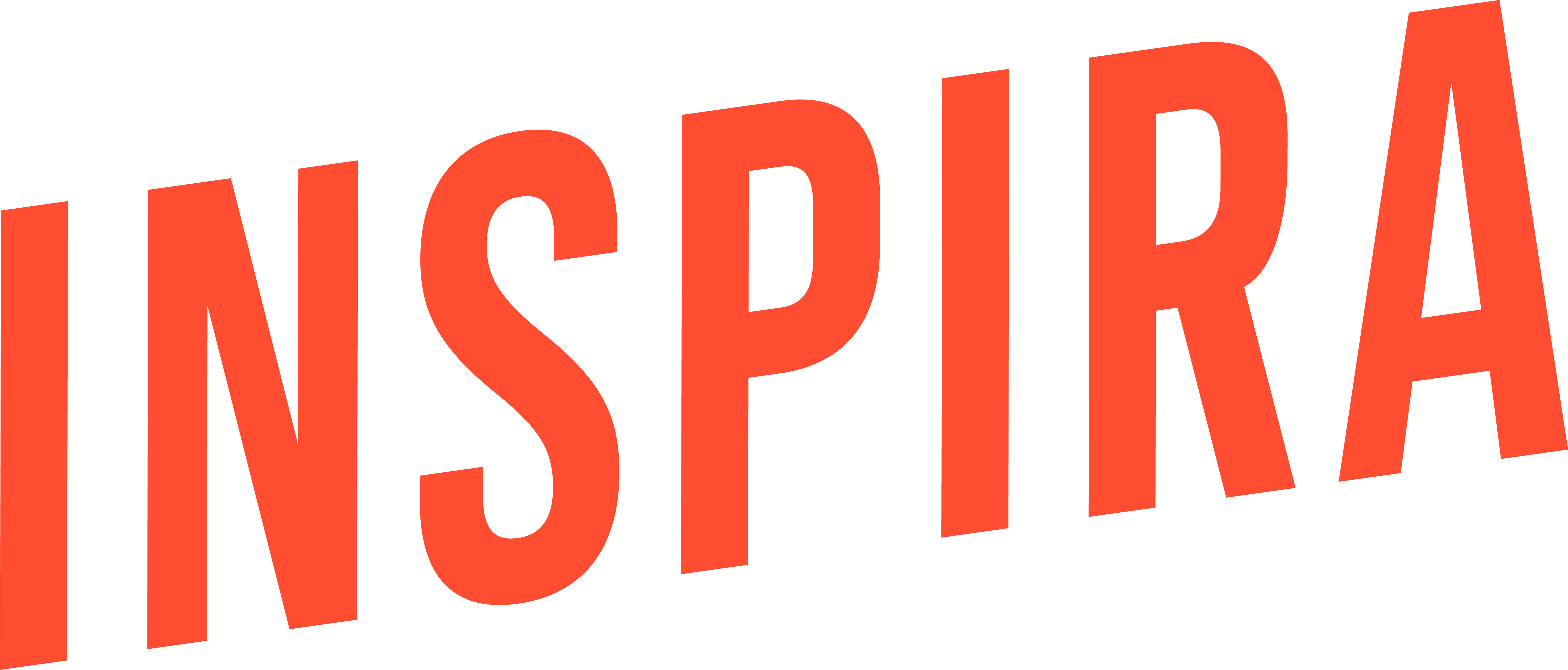As we reach mid-July, summer is in full swing across the United States. However, despite the warm weather, the pandemic continues to complicate the slow return to normalcy. Travel, in particular, has been inordinately impacted by the current landscape, and it’s clear that the industry will continue to face these challenges for the foreseeable future.
In fact, of those who were planning summer travel, 56% have already cancelled plans and an additional 19% have changed them altogether. While travel and hospitality brands cannot control every variable, what they can do is pay attention to consumers’ concerns and make a concerted effort to address them – both through operational adjustments and in terms of marketing. Below, we take a look at the top travel trends, how brands are adapting, and how to assuage consumers’ concerns.
Road Trip!
According to a recent Harris Poll, 67% of Americans are taking a road trip this summer in order to avoid air travel. It makes sense; cars allow you to maintain control over the surrounding environment, whereas air travel simply involves more obstacles. While Americans will eventually want to get back on planes for long distance travel, the reality is it may take some time. Forty-eight percent of Americans said they don’t expect to get on a plane for at least the next year and 23% say there’s nothing airlines can do to make them feel comfortable flying prior to a coronavirus vaccine. While some consumers won’t be convinced to fly, airlines should be proactive in communicating their policies and adaptations in order to win over those who are more open to it.
Going Local
While going local has been a trend in food and beverage for a while now, the local travel industry is seeing a boost from the road trippers who are unable or unwilling to venture far from home. Airbnb noted that the percentage of its bookings within 200 miles from renters’ homes grew from around a third in February to over 50% in May. The overall growth in bookings compared to last year is encouraging, as well. According to Airbnb, Germany, Portugal, New Zealand, South Korea, and the Unites States saw YoY growth in bookings during the period of 5/17-6/3.

Hotels vs. Rentals
Though Airbnb is faring well, hotels have an opportunity to leverage an important advantage in perception: cleanliness. According to the Harris Poll, 55% of Americans say that a hotel is safer than an Airbnb in terms of sanitation practices, and 61% agree that hotels have implemented enough new cleaning procedures to protect against the virus. To earn a greater share of the travelers going local this summer, hotels should proactively communicate sanitation practices and craft messaging that caters more specifically to local audiences looking for a getaway.
How Brands are Adapting
The travel industry’s return to normal is inextricably linked to the pandemic, but it’s the brands that stay top-of-mind in the meantime that will benefit the most. At the beginning of the pandemic, Airbnb saw the opportunity to entertain consumers who were stuck at home and created a new revenue stream through online experiences with guides from across the world. Booking.com is currently running a promotion that gives guests a 5% discount on their next travel adventure when they create a wish list on the app. Not only does it bring interested travelers within the Booking.com fold, but it also offers valuable data on popular travel destinations when restrictions loosen. TripAdvisor, too, is partnering with Stella Artois to transform cancelled vacations into fun staycations in consumers’ own cities.
The opportunity is there for travel and hospitality brands to continue to make connections with consumers in spite of the complications. To find out how Inspira can help you engage travelers this summer season and beyond, contact us today.
Sources: "The Harris Poll Covid-19 Tracker." The Harris Poll (2020), "COVID Summer Travel Survey." Finance Buzz (2020), "Travel Bubbles." Wunderman Thompson (2020), "Tempted to Travel?" Gartner (2020).

